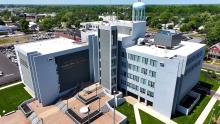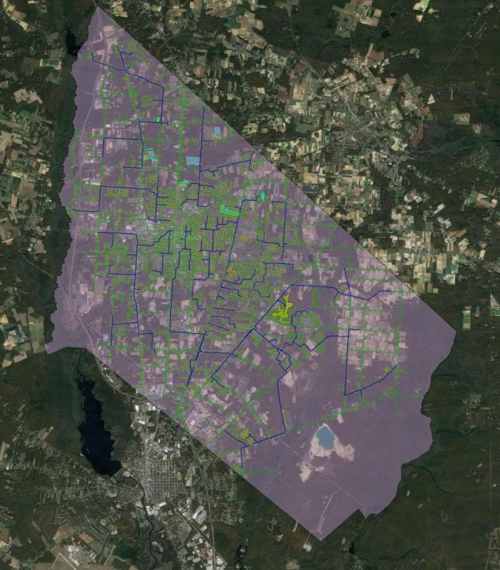Vermont’s ‘Long’ Reach Toward Affordable Broadband
As states struggle to readjust their plans to expand high-speed Internet access in the wake of the Trump administration “termination” of the Digital Equity Act, Vermont is working to address the multi-million dollar shortfall by aligning the state’s Digital Empowerment initiative with its newly established Affordable Long Drop Program.
The Affordable Long Drop Program was established to provide grants to eligible Internet service providers (ISPs) in order to cover the connection costs for Vermonters whose homes are beyond standard drop distances.
Typically, an ISP will pay for a standard drop, which is the final external link that connects a provider's distribution network to the end-user's location – a distance that most often spans a couple hundred feet or less.
In rural areas around the country, community-minded operators like telephone and electric cooperatives will often cover the first quarter of a mile. This has also been the case in Vermont, where many of the state’s Communications Union Districts (CUDs) have been footing the bill to cover as much as the first 2,000 feet of drop distance. But, as with any predominantly rural state, there are a number of homes located just beyond that 2,000 foot range.
The construction costs of extending fiber lines can get pricey the further the home is away from the main fiber routes. Vermont’s Affordable Long Drop Program aims to help pay for the drops costs of the last mile networks that are currently being built across the state to help ensure residents in harder-to-reach locations can still get Internet access.




